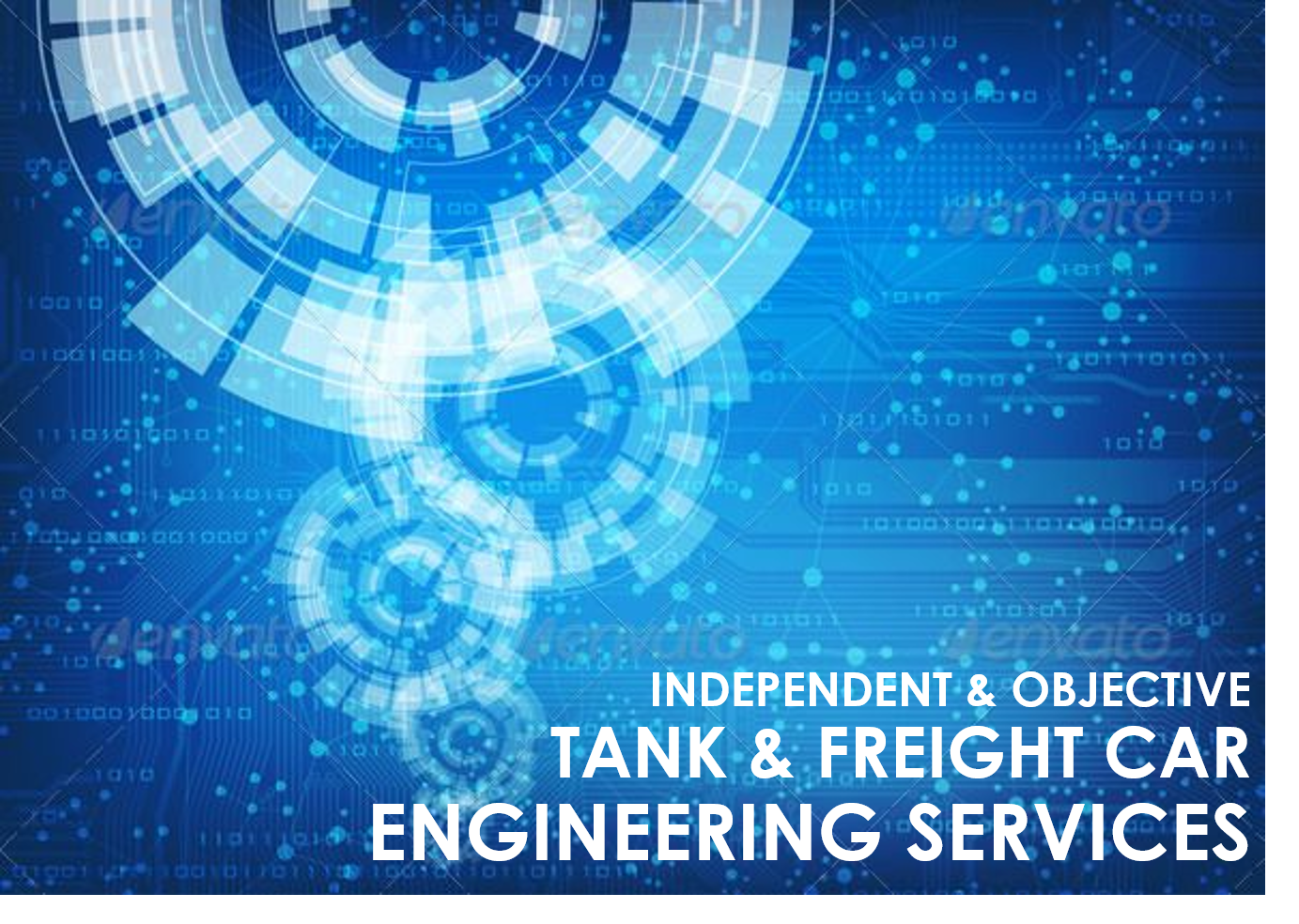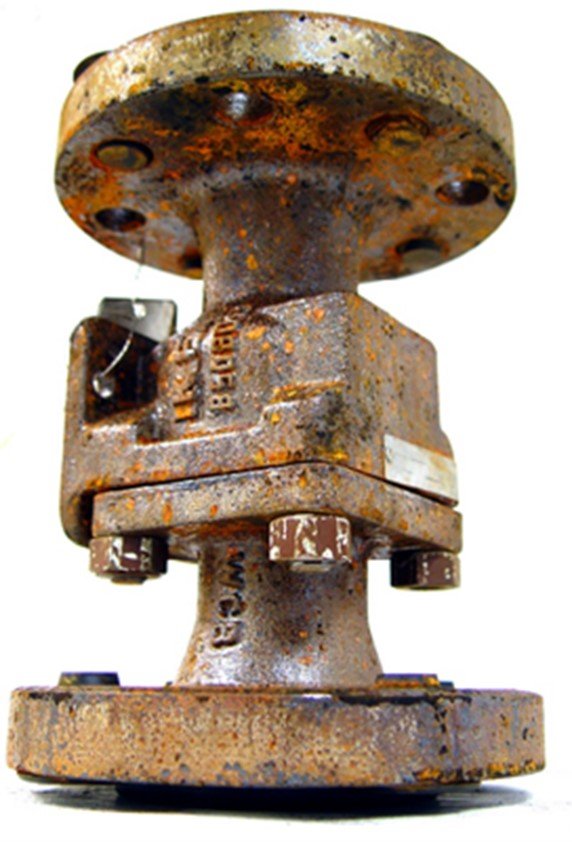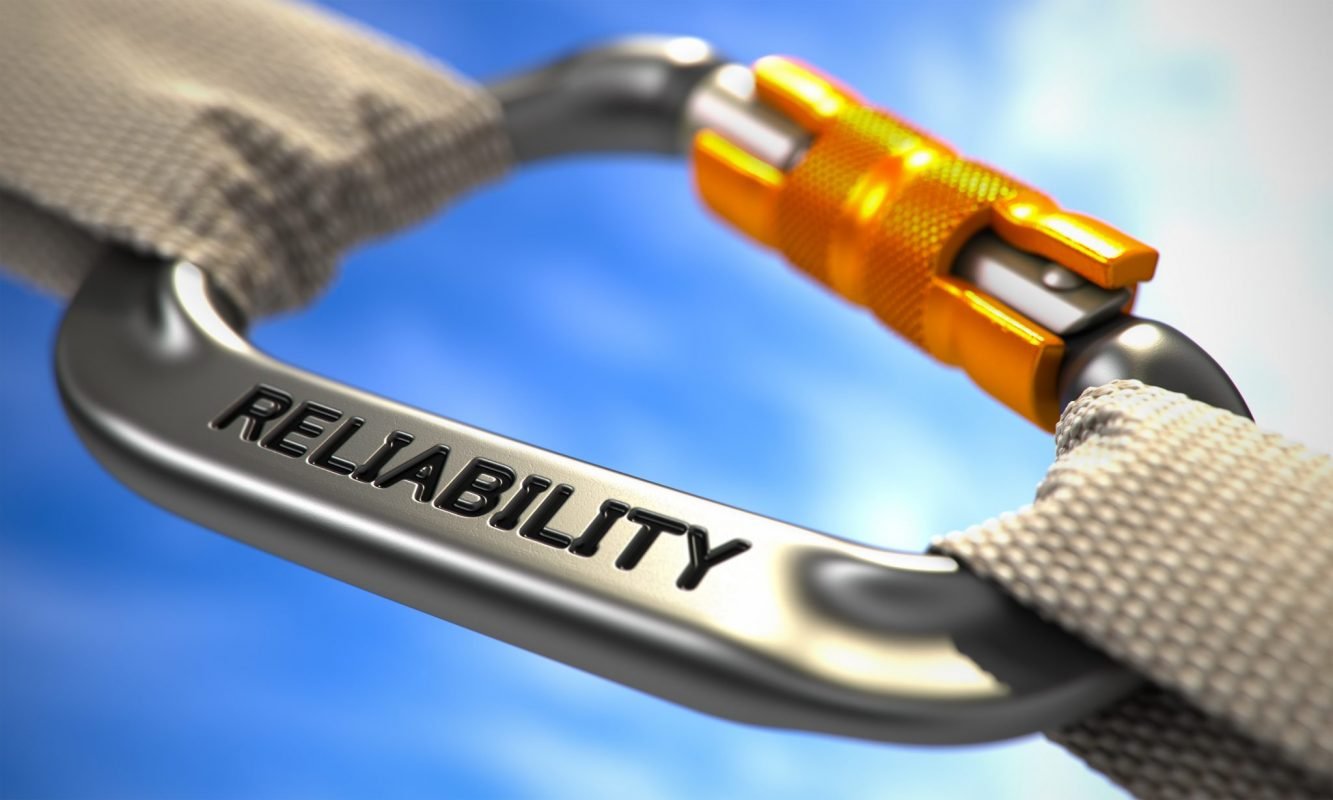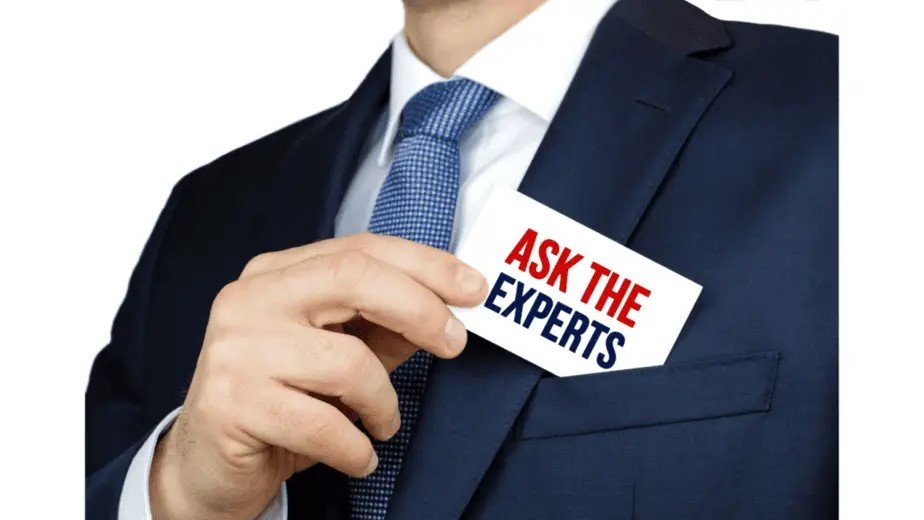Making Tank Cars Safer for Shipping
When something goes wrong, who is responsible? The aftermath of East Palestine has highlighted many issues that require further thought and ultimately, collaboration between all parties.
The heart of the issue is how do Lessors and Shippers guarantee they are doing their utmost to present safe tank cars? How responsible are they in the overall scheme of things?
Most Shippers lease their tank cars. Lessors offer cars they consider to be appropriate for the commodity being shipped. In some cases, Shippers rely on their outside logistics company (3PLs) for advice or approval.
Is this the best course of action? In short – NO.
Is there a better method? Yes!
REGULATORS FOCUSED ON SERVICE EQUIPMENT RELIABILITY -
Both the Federal Railroad Administration (FRA) and the Association of American Railroads (AAR) are pushing all parties for increased and improved reliability. Graciously, they are burdening this responsibility on the industry at large. As an industry we have no way to measure which manufacturer is best or worst as there are no testing or performance benchmarks. Similarly, we have no requirements for seals or gaskets.
As an industry, safety is first and foremost in all our efforts. We constantly update regulations to ensure we build, maintain and present the safest fleets possible. However, we don’t always ask the right questions and as importantly, from the correct people.
Some Shippers have developed very definite specifications, although as corporate fleet departments have shrunken over the years, these specs have become outdated, if not obsolete. Other Shippers go with whatever lessors have available and deemed suitable and herein lies the problem…
RANKING MANUFACTURERS –
The tank car industry has a very limited number of valve suppliers, yet the difference between them is enormous:
Roughly half of those suppliers: -
Manufacture <50% of their valves (subcontracting many processes)
Only licensed/ certified by the AAR
Only offer 1-year warranties
Hold no patents
Other half of those suppliers: -
Manufacture >50% of their valves
Licensed/ certified globally/ multi-industry (inc NASA, Military)
3-10 warranties
Hold numerous patents for valve design
In the case of the latter, the same technologies that have gone into outer-space or keep nuclear submarines operating or boast over 100 years of pioneering valve design are found in your rail valves. These manufacturers have experience with every commodity and typically under more extreme conditions compared to those seen in tank cars.
The other half just make rail valves.
SEEKING ADVICE -
Would you ask your family doctor to suggest a complicated surgical procedure or would you rather speak with the surgeon to discuss your options?
When renting a car from Avis, would you trust their opinion regarding the suitability of the tires for snow or off-roading?
Of course not. But that’s what is happening with tank car service equipment. Shippers are leasing cars not knowing if what they are committing to is the safest and most reliable option available. Nor do they know if that service equipment is easily maintained (reliability/ cost/ availability). It should therefore come as no surprise that when we ask lessors or 3PLs for advice, they too don’t have the necessary information to provide a more informed opinion.
To seek an expert answer – Contact the manufacturer. Ask their opinion. Let them know what you are shipping, how you load/ unload, what temperatures/ pressures to expect and let them advise you. Don’t do this just the once, do it every time you change your fleet. Lessors do it every time you lease a fleet. 3PLs do it every time you register a fleet. Valves become obsolete or get upgraded – keep abreast.
On a side note – the same applies to seals & gaskets. Know who is a supplier/ distributor and who is a true manufacturer. The suppliers are typically only AAR focused. The manufacturers are multi-industry focused and certified. Their level of quality and experience is invaluable.
Understand lessors are in the business of providing finished tank cars for lease. Know that 3PLs are in the business of tracking cars and filing paperwork. Don’t expect either of these to be experts in service components.
CHANGING THE STATUS-QUO -
Catastrophic events are rare, but it is the everyday minor failures and leaks we need to improve. Depending on the situation a valve/ service component failure may involve regulators, lawyers, fines, costs and long delays before that car can reenter service.
Shippers often fail to consider the total cost of ownership when it comes to selecting and using the service equipment on their fleet. Some Shippers are simply in the business of putting out fires as they arise - accepting repair/ maintenance delays as inevitable and paying repair invoices without question.
Going forward, to ensure staying on the right side of the regulators, Shippers need to show they have diligently researched what they present for shipment. As seen by the responses coming from the East Palestine OH incident, it is not enough to rely on lessors or 3PLs. They too are being questioned about their decisions/ choices… In a couple of instances, some shippers relied on antiquated specs only to find they were no longer relevant or up to the task…
Be proactive! Diligently spec your service equipment, and be rest assured you are picking the safest, most reliable options available. This is also how some lessors offer their cars (gold/ silver/ bronze) with an impetus on fleets running equipment they consider to be most robust, providing uninterrupted service for the length of the lease and in the worst case, being quickly and efficiently returned to service.
THE EXPERTS -
For more information on how to make your tank cars safer for shipping. Contact TransQuip. For the last 30 years, TransQuip has been providing industry-leading service equipment. Our team is comprised of engineers, maintenance/ repair managers and sealing experts. We can help design, draw and file the safest and most robust systems available. Reduce the chance of failure. Invest in the best equipment available to promote safety while lowering total costs and delays. Our advice is sincere and we always puts you first. You can find a list of offices using the link below:
https://www.transquip.com/contact
To read other articles from TransQuip click the link below:
https://www.transquip.com/articles








